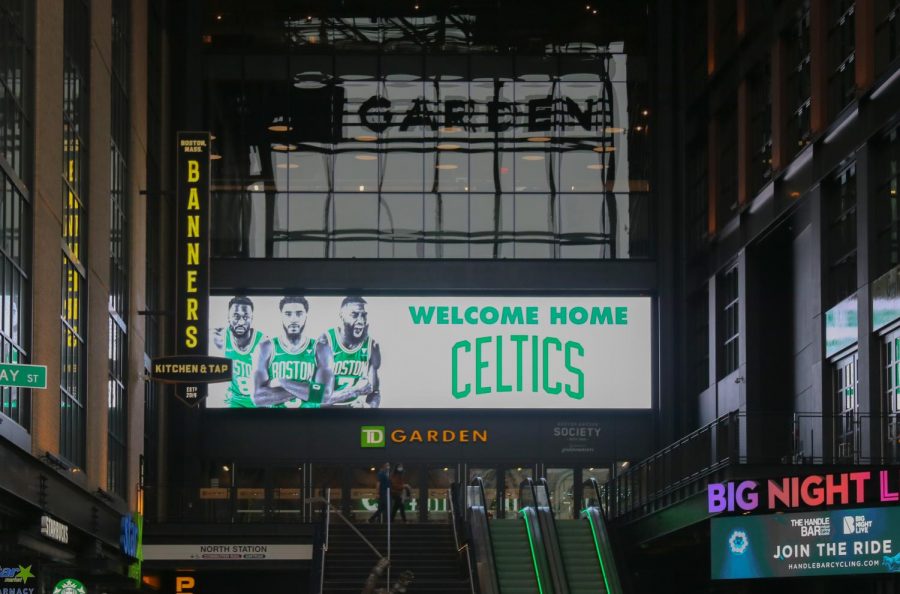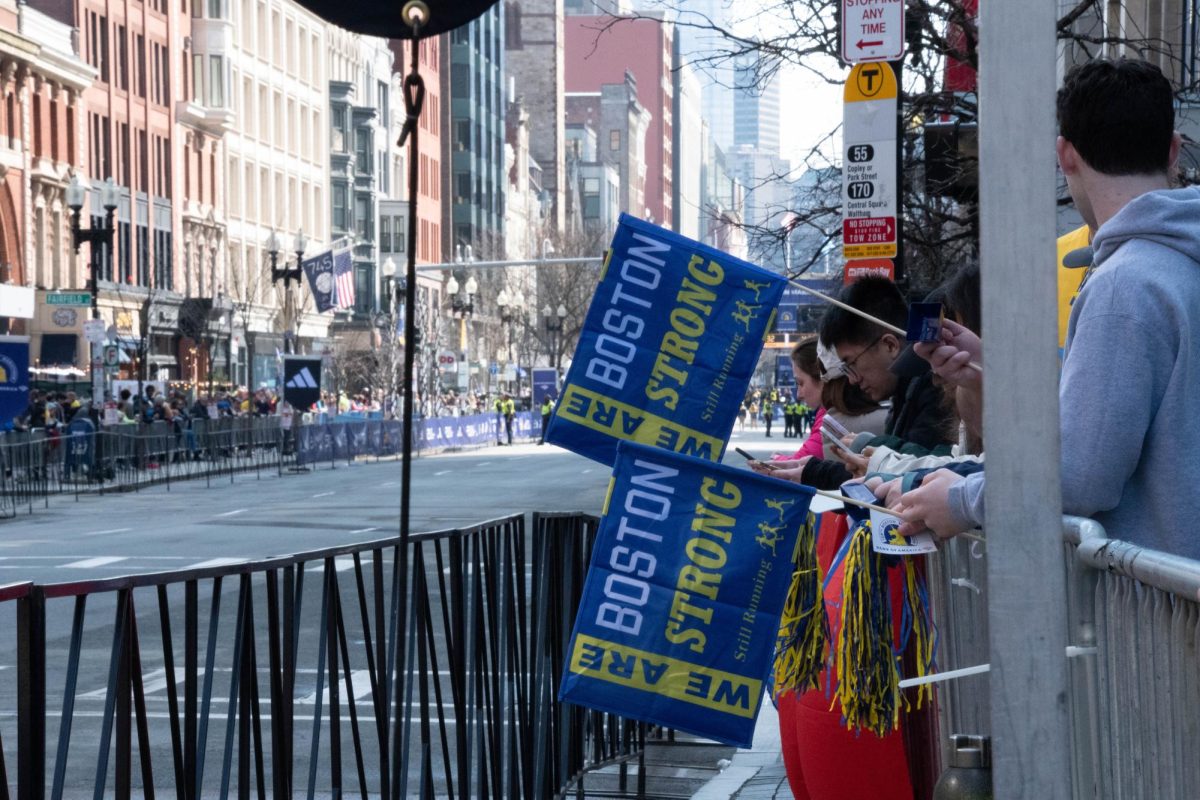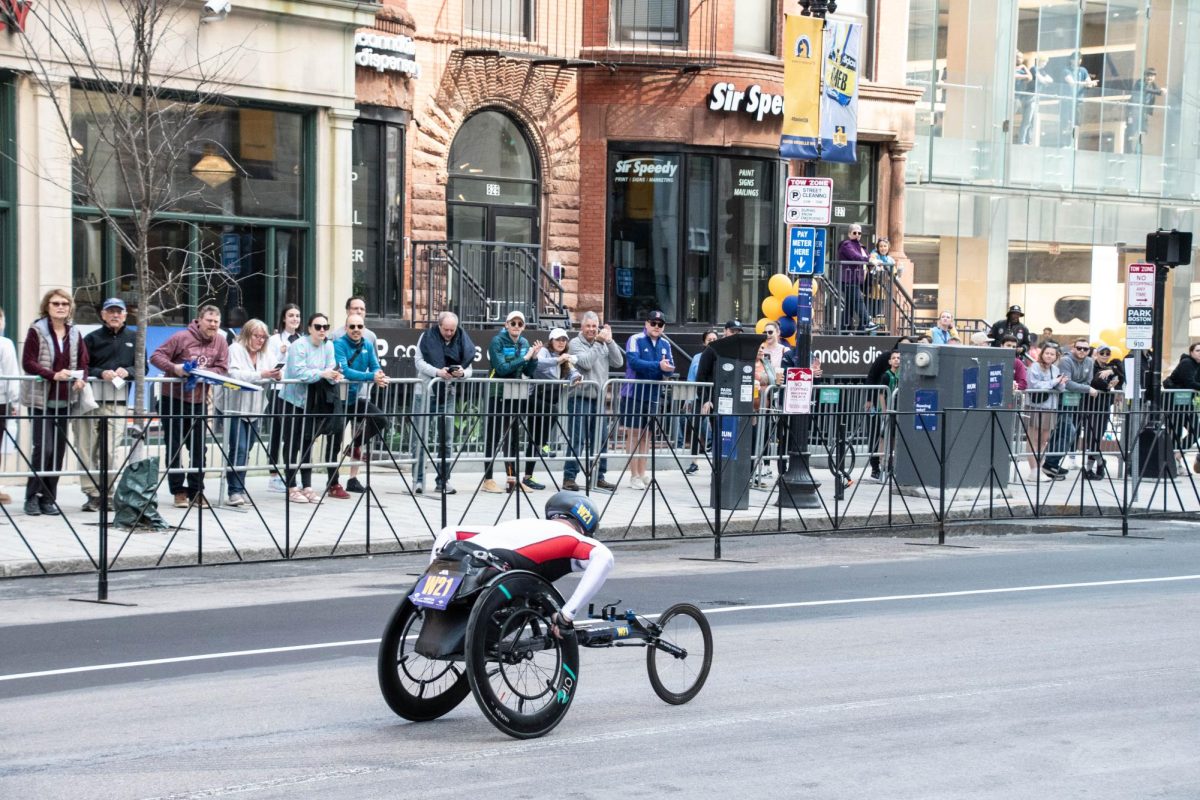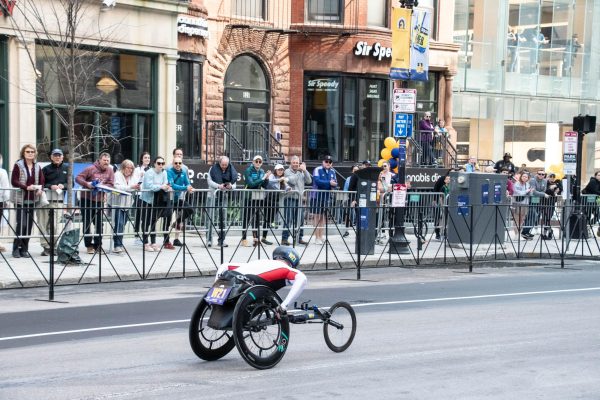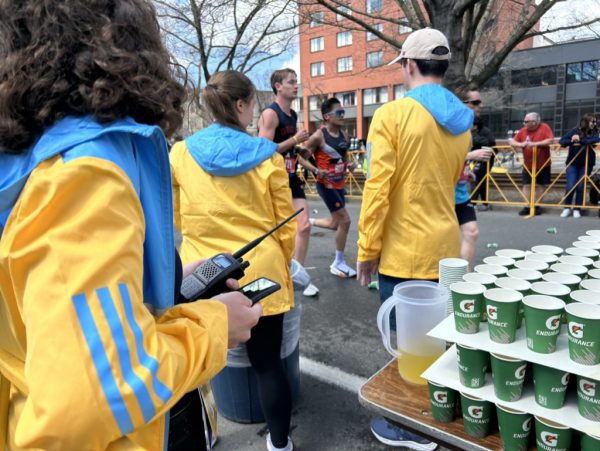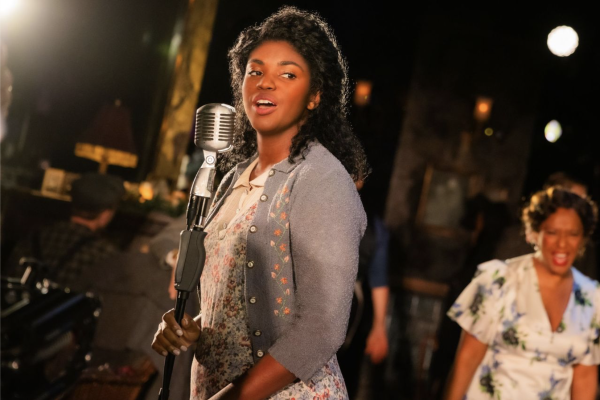Celtics Struggles: Why John Collins Could Be The Answer
If the Celtics want to make a deep playoff run, they are going to have to make a big move.
March 10, 2021
The Boston Celtics currently sit at fourth place in the Eastern Conference with a record of 19-17, just two games ahead of the ninth place Chicago Bulls. Expectations heading into the year were high and this team has undoubtedly failed to meet them so far, especially for one that has appeared in the Eastern Conference finals in three of the past four seasons. While star point guard Kemba Walker’s injury and slow start certainly has not helped, there is plenty of blame to go around.
“Our roster obviously is not good … If there’s somebody to blame, this is Danny Ainge to blame,” said Danny Ainge, Celtics General Manager and President of Basketball Operations on 98.5 The Sports Hub’s “Toucher & Rich.”
While in previous seasons the team has been good enough to not make any major roster changes at the trade deadline, one thing is clear this year: If the Celtics want to make a deep playoff run, they are going to have to make a big move.
Enter current Atlanta Hawks power forward and former Wake Forest star, John Collins. Standing at 6’9” and 235lbs, Collins is an uber-athletic big who can stretch the floor with his shooting — something the Celtics need desperately. While current Celtics big man Daniel Theis is having a career year from behind the arc, shooting 37.5%, the sample size is too small to expect Theis to continue this pace for the rest of the year.
Outside of Theis, the Celtics have essentially zero shooting from the big-man position, as forwards Rob Williams and Tristan Thompson are a combined 0-3 from deep this year. Aside from his shooting, John Collins also offers length, athleticism and rim protection for a team that has a run-of-the-mill defensive rating (points given up per 100 possessions), currently ranking 16th in the NBA out of 30 teams. Collins ranks in the top 15% of qualified players in defensive real plus-minus, or DRPM, a statistic that aims to estimate a player’s impact on their team’s defensive performance by measuring their points allowed every 100 possessions. Of the 15 players currently on the Celtics roster, only Theis and Marcus Smart measure better in DRPM than Collins.
Apart from how Collins can help the Celtics on the court, his trade value may have reached a nadir, as there have been multiple reports of him being unhappy with the way the offense is being run in Atlanta around star point guard Trae Young. While a young player of Collins’ pedigree may have a steep trade price normally, reports that Collins denied Atlanta’s contract extension offer of over $90 million this offseason and his unhappiness with the team leaves the Hawks with less leverage now than a year ago at this time. Concerned with losing their young star for nothing this offseason or having to match a massive contract offer from another team, the Hawks may be eager to get something instead of nothing by giving Collins up prior to the March 25 trade deadline.
While Collins is certainly a sexy option to help this Celtics team elevate their status in the Eastern Conference landscape, there are some issues with attempting to acquire Collins.
First off, there are always plenty of suitors in the NBA for a young player with a high upside such as Collins. This means that any realistic trade package for Collins would likely have to include lottery-level talent in return along with some sweeteners.
The Celtics are not short on recent lottery-level/first round picks, but many have not played up to their potential in Boston. 2019 lottery pick Romeo Langford hasn’t been able to get much of anything going in the league as he has been sidelined by wrist surgery this season, and ankle injuries that plagued him last season. These injuries have prevented him from building any momentum even close to his prospective talents. The 14th pick in the 2020 draft, Aaron Nesmith has shown spurts of potential with recent increases in game time, but remains largely unproven at the NBA level. Fellow 2020 draft class member Payton Pritchard has exceeded expectations to the point where any package including him in a Collins deal is unlikely.
The Celtics are already exceedingly thin at the point guard position with Kemba Walker’s knee a question mark, Marcus Smart sidelined with a calf injury and Jeff Teague on the back nine of his career. Ainge may need to part with one of the Williams in order to attain Collins. Grant Williams has made strides in his sophomore season, shooting an improved 41.1% from deep this year and becoming a stout defender. The high flying Rob Williams — affectionately referred to as “Time Lord” by Celtics announcers Brian Scalabrine and Mike Gorman — has also made improvements this season with an astonishingly high Player Efficiency Rating of 25.63, leading the entire Celtics roster. The Celtics will almost certainly need to include some combination of the aforementioned players in any deal for Collins.
Undoubtedly, there are pros and cons to making a deal for Collins at this point in time. It comes down to what Ainge wants this team to do now versus somewhere down the line. With the Brooklyn Nets forming a superpower of three with the most talented scorers this league has ever seen — Kevin Durant, James Harden and Kyrie Irving — a move for Collins still may not be enough to put the Celtics over the hump and back into the NBA finals. On the other hand, Jayson Tatum and Jaylen Brown are generational players and to spend another one of their prime years on a team that has a ceiling of just another Eastern Conference Finals appearance and nothing more seems wrong. We’ll just have to wait and see what Ainge has up his sleeve this time.
Disclaimer: Stats are all up to date as of before the games played on 3/10/21
Stats obtained from:



